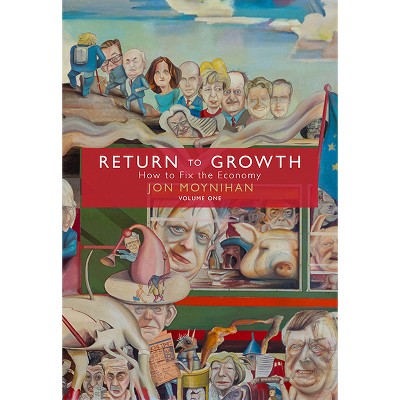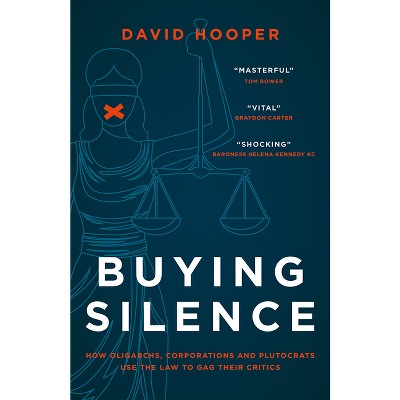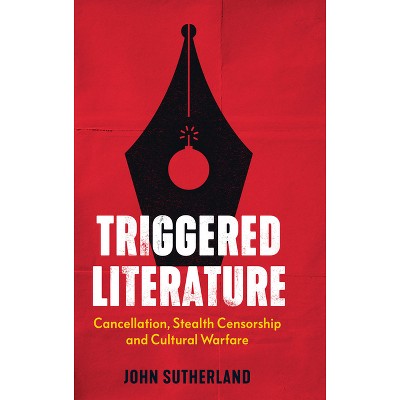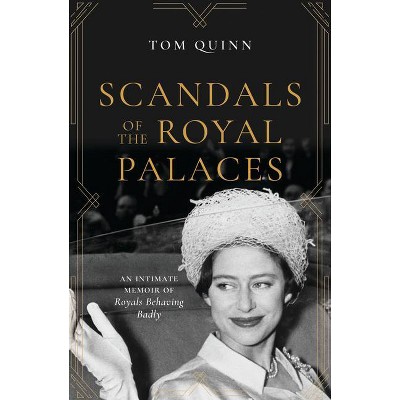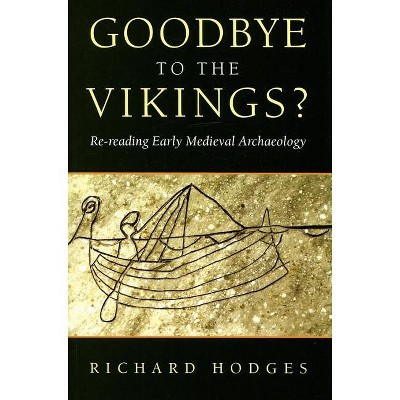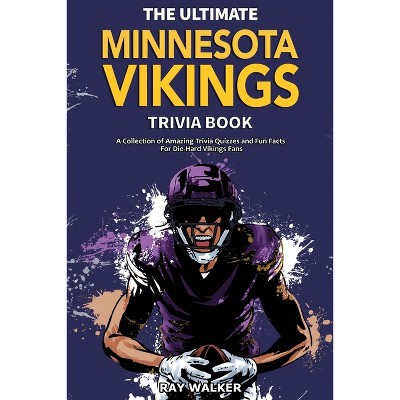Sponsored

Vikings in the East - by Martyn Whittock (Hardcover)
In Stock
Sponsored
About this item
Highlights
- We commonly consider the Viking Age to be a westernEuropean phenomenon.
- Author(s): Martyn Whittock
- 320 Pages
- History, Europe
Description
Book Synopsis
We commonly consider the Viking Age to be a western
European phenomenon. This is not surprising, given the Viking impact on
communities either side of the North Sea and the English Channel and across the
British Isles. However, it also had a crucial eastern aspect that was a key
cause of the Viking raids in the first place.
Changes taking
place in the distant Islamic Caliphate disrupted the flow of silver to
Scandinavia. For years, Islamic merchants and their middlemen had carried
silver to northern Europe. There, they traded it for slaves, furs and amber.
Facing this change, raiding in the West offered the Vikings an alternative way
to get their hands on precious metals and slaves.
At the same
time, the forest products of the eastern Baltic and the supply of slaves from
there drew Swedish adventurers eastward. For several reasons, the Viking
phenomenon increasingly had an eastern front. Utilizing the river systems,
these Vikings soon became active on the Black Sea, the Caspian Sea and in the
Byzantine Empire.
In this brilliantly timely book, historian
Martyn Whittock explains how it was a Viking-Slav dynasty that created the
first Russian state and how a rivalry between Viking leaders set up the states
that would later become Russia and Ukraine, with consequences we are still
living with today.
Since the sixteenth century, rulers in
Russia have referenced these origins to enhance their power and secure control
over the Ukrainian lands, most recently demonstrated by Vladimir Putin as his
justification for the seizure of Crimea and then the Russian invasion of
Ukraine.
Review Quotes
"How did Viking raiders in the ninth century shape
the geopolitics of the twenty-first? As this lively but carefully researched
book shows, the origins of what are now both Russia and Ukraine are to be found
in the often larger-than-life adventures and ambitions of Norse freebooters who
even raided as far as distant Constantinople."
Galeotti, author of A Short History of
Russia, Forged in War: A Military History of Russia from its Beginnings to
Today and Putin's Wars: From Chechnya to Ukraine
"In this timely and important book, Martyn Whittock
makes the history of the Kyivan Rus - the Vikings of the East of his
title - accessible for the first time to a wider audience. In engaging prose,
he brings to life the deep historical roots of present conflicts over Ukraine
and Crimea. This is essential reading for anyone interested in the medieval
history of the region and how this has been manipulated in the hands of modern
politicians."
Exeter
"When DNA testing became more available in Eastern
Europe, many were amazed to find that they had Icelandic progenitors. This was
the Viking/Slav inheritance, wickedly invoked by Vladimir Putin as a reason for
war to reunite Russia and Ukraine. The story of the Rus settlement at Kiev and
all the raiding, pillaging and enslaving that followed is a fascinating tale
but serves as the foundation myth of Mother Russia. Here it is told with verve
and accuracy, in a book that casts light on a dark corner of the globe."
Robertson KC, author of The Trial of Vladimir Putin






